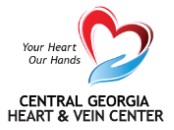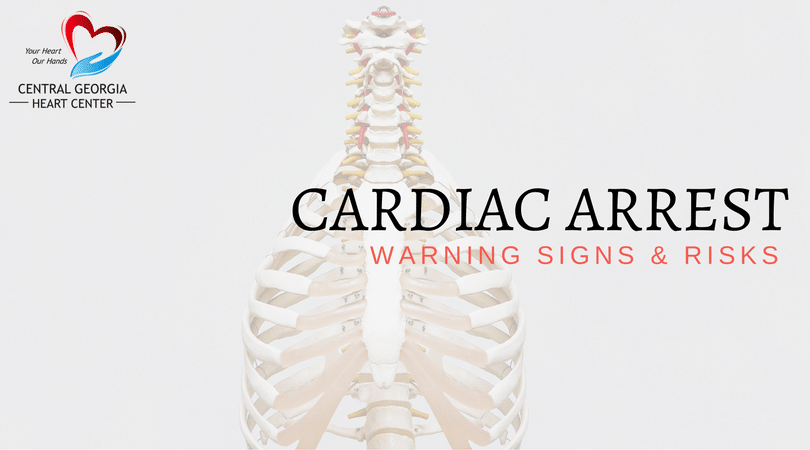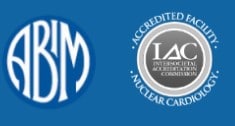What Is Cardiac Arrest And Is It Different From A Heart Attack?
Cardiac arrest is when a person loses heart function suddenly regardless of if they have been diagnosed with heart disease. More often than not, cardiac arrest comes on suddenly or very shortly after symptoms appear.
Unlike a heart attack which is caused by a blockage of the heart, cardiac arrest is the result of a heart’s electrical signals malfunctioning. This is when the heart suddenly stops working the way it should and can be caused by changes in heart rhythm like an arrhythmia. One such type of cardiac arrest is ventricular fibrillation when the lower chambers of the heart stop pumping correctly.
Who Is At Risk Of Cardiac Arrest?
Cardiac arrest can be caused by any known heart condition. They most often happen as a malfunction if the heart’s electrical impulses including irregular, faster, or slower heartbeats. All of these are potentially fatal.
What puts you at risk for cardiac arrest?
- Drug abuse for both recreational and prescription drugs can put you at risk of cardiac arrest.
- Abnormal blood vessels in the aorta, the coronary arteries, and other defects can cause a surge of adrenaline during extreme physical activities that may result in cardiac arrest.
- A lack of understanding heart medications like those treating arrhythmias can sometimes induce a ventricular arrhythmia (cardiac arrest). Be sure to speak to your provider about the risks of any such medication and how to prevent any issues.
- Cardiomyopathy which is a hardened heart muscle due to hypertension or other heart diseases can make you more prone to cardiac events including heart attack and arrest.
- Prior heart attacks often leave scar tissue that slows down the electrical impulses in the heart. The first few months after a heart attack are the most vulnerable for patients.
Know The Warning Signs
- Lack of responsiveness in someone experiencing a cardiac event
- Labored breathing or no breathing at all
- Immediate loss of consciousness
If someone you know presents any combination of these symptoms, dial 911 immediately and begin performing CPR. If you are concerned that you are at risk of cardiac arrest, contact your cardiologist to discuss prevention.





